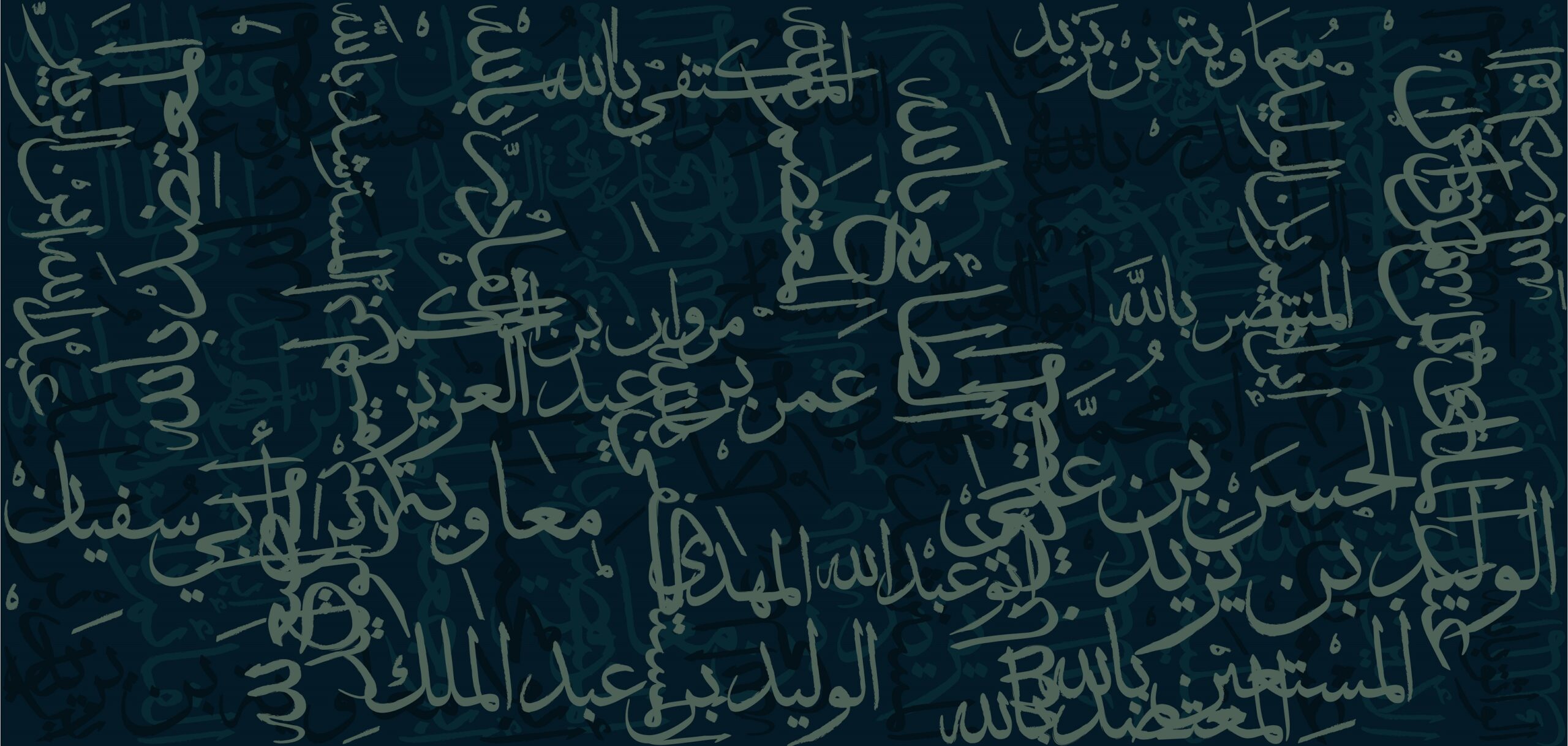
insert_link
share
close
Episode 3: The birth of a caliphate
Succession can be a tricky issue, but succeeding a prophet is pretty much ensured to get thorny. The Umma barely had time to mourn its loss after the death of […]








Post comments (0)